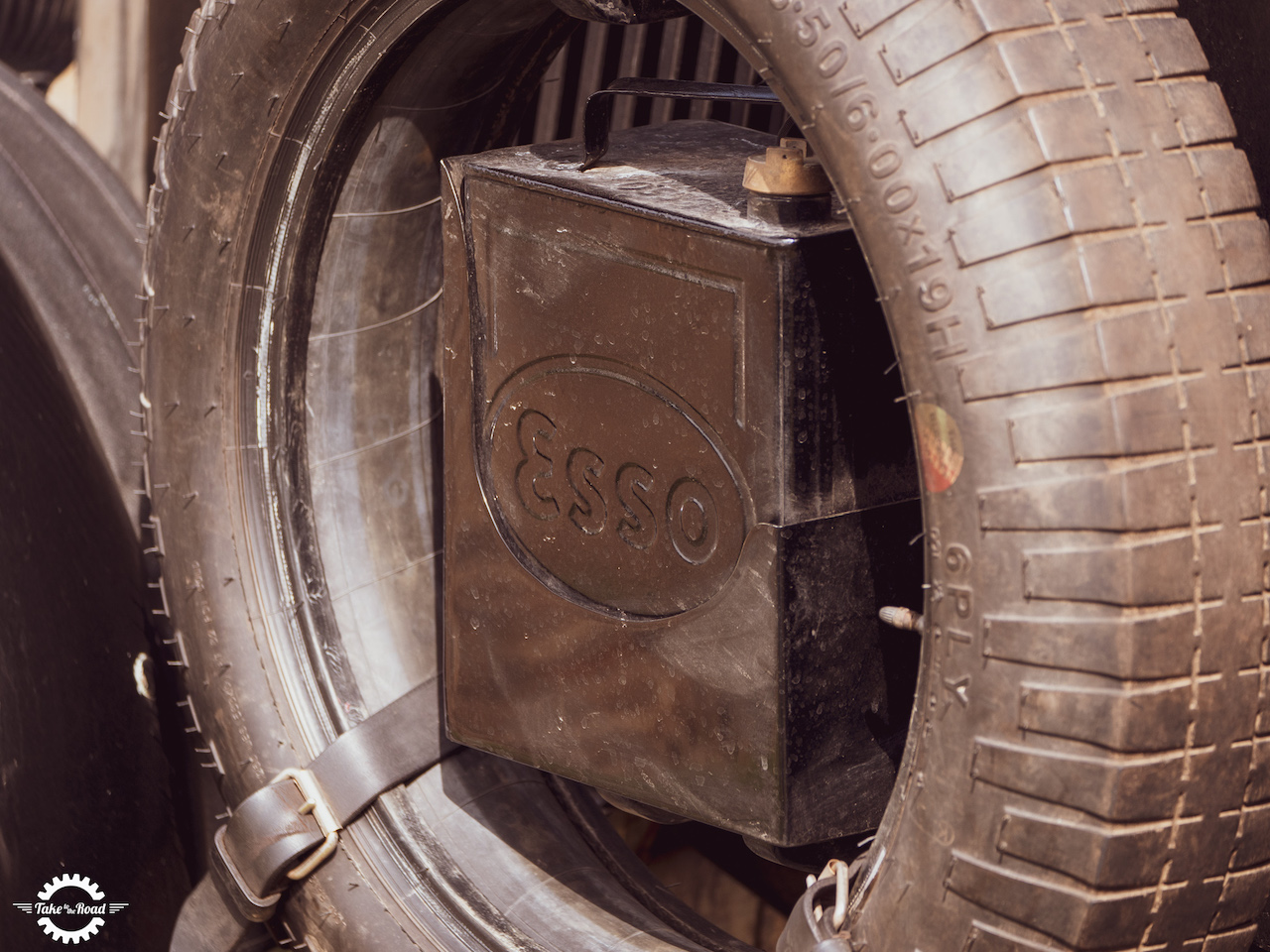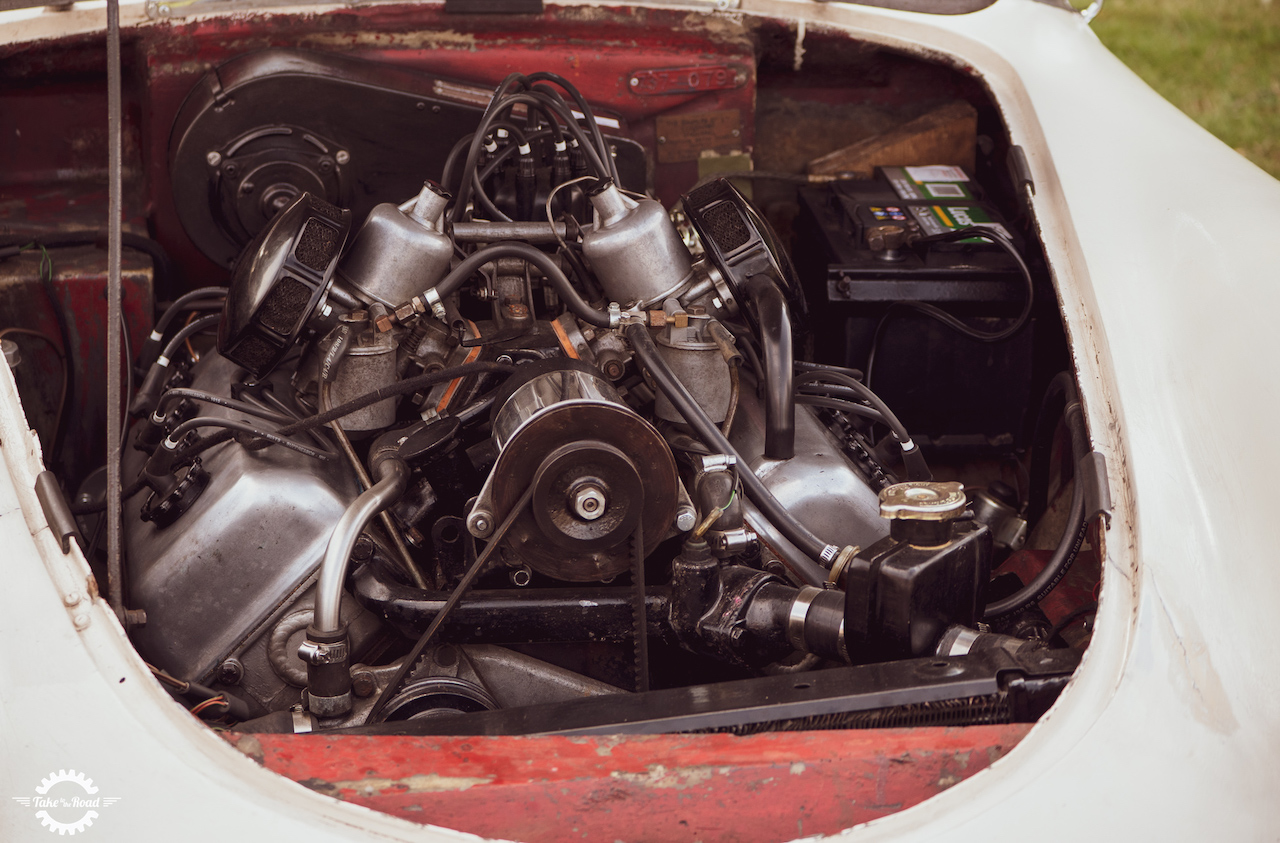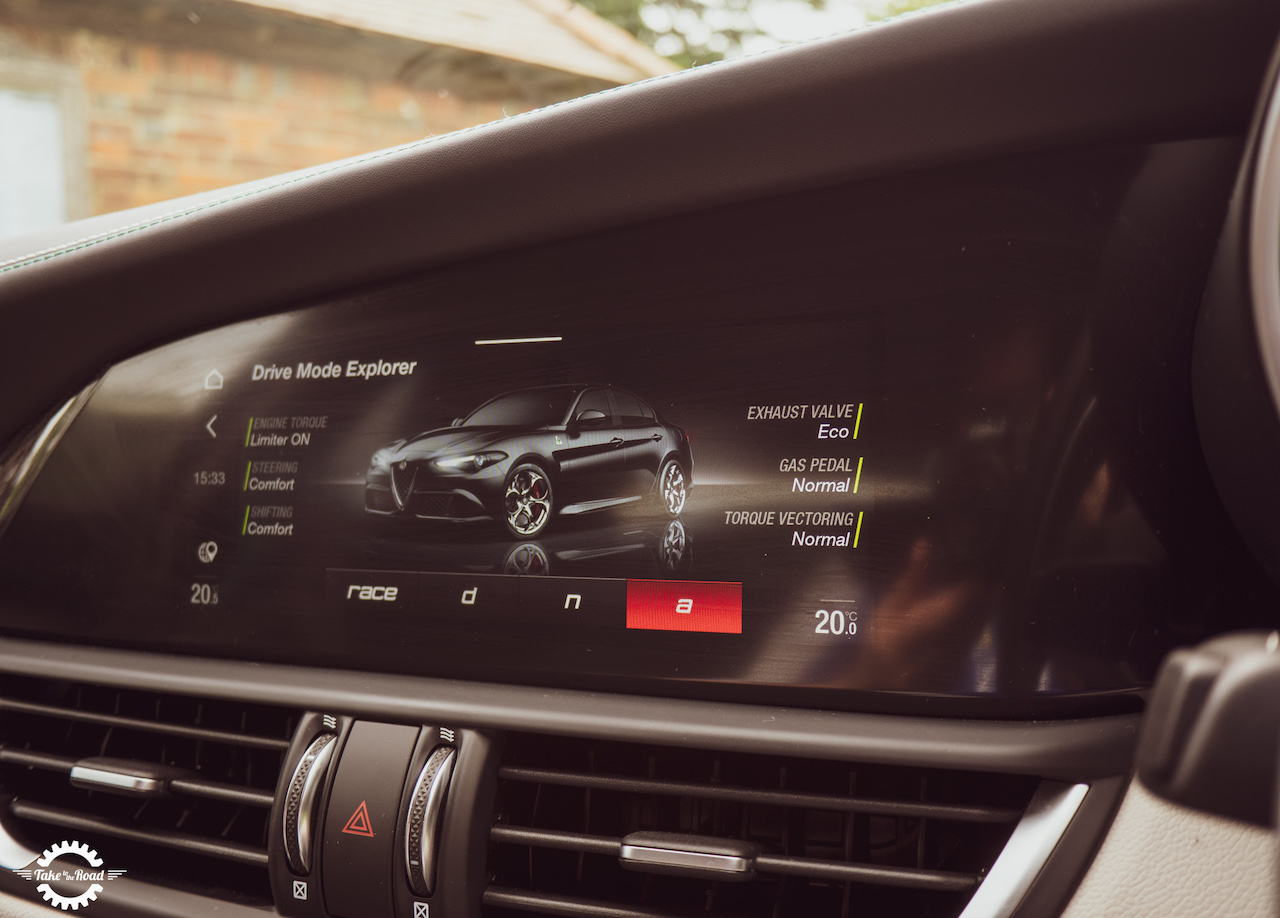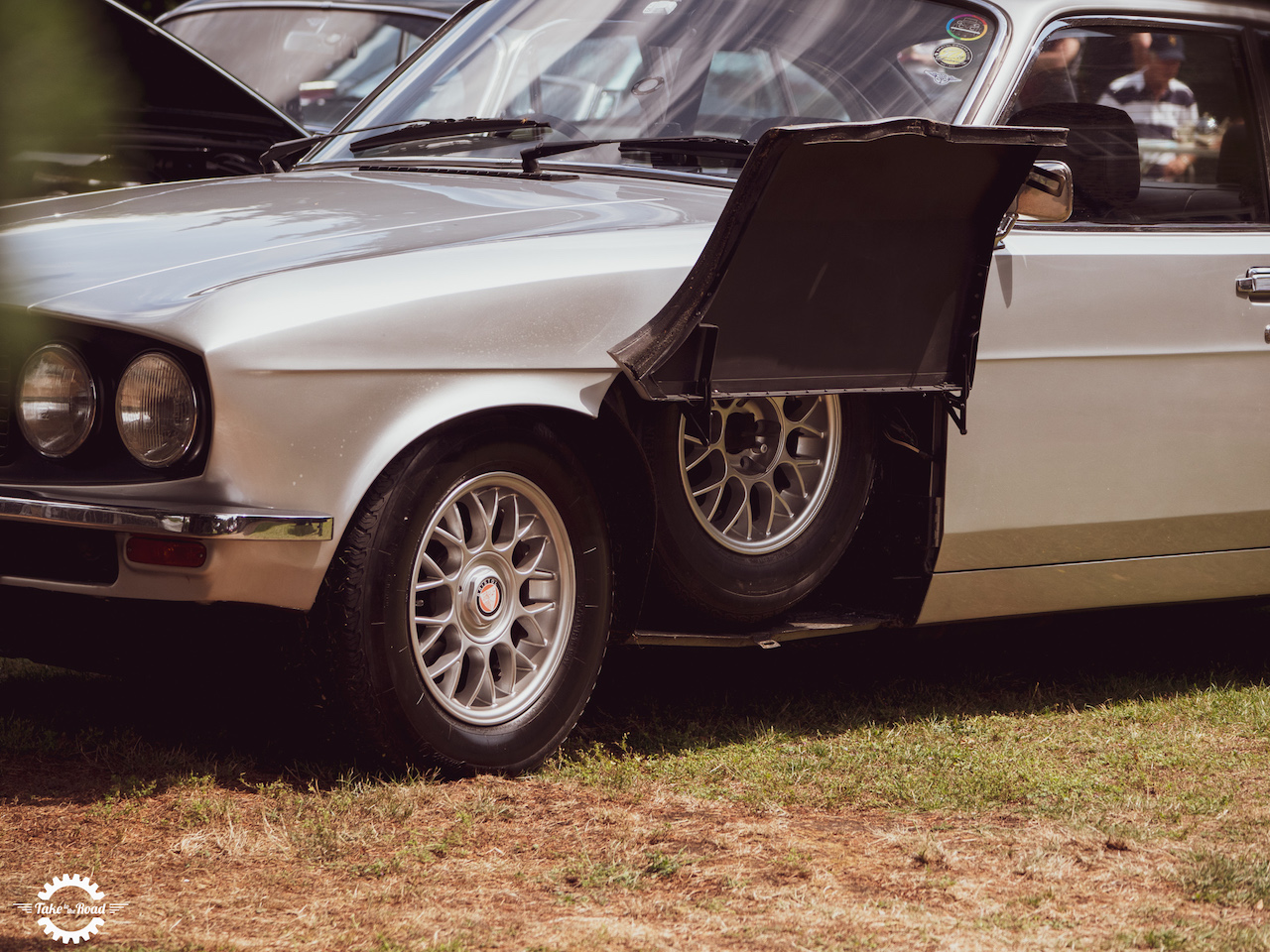Owning a car isn’t cheap. From the outright purchase price to the monthly repayment to car insurance breakdown cover and running costs, which are around £3,500 annually excluding tax, insurance parking charges, etc., it’s not hard to see how things can escalate quickly when it comes to how much your car costs you per year.
But like with anything in life, there are ways you can reduce those running costs to help you put more money back into your bank balance without compromising on your car ownership journey. Let’s take a look.
Fill Up At Supermarkets

Typically, supermarket fuel is cheaper than petrol stations, and if you regularly drive to a supermarket to do your shopping, filling up before you leave can help you save on the fuel you might use to drive to another petrol station and access lower costs, too. You could set up fuel alerts to find the cheapest forecourt so you can time your shop either weekly or monthly with whoever is the cheapest prior to leaving. But strategically filling up when you’re there any way can be a cost-effective fueling option. The same goes for using electric charging points while shopping if available too.
Choose Maintenance Plans

How much does your MOT, service and repairs cost you each year? If you struggle to find the funds for one or all of these, why not consider a monthly repayment scheme that helps you afford these costs? With the average MOT price around £50 annually, a full-service ranging from £170 to £395 depending on the size of your car and then repairs on top, spreading the cost can make it more affordable for you, making Pay Monthly Car Repairs a preferable option to help you save money and cover your bases.
Lighten The Load

Every additional 50 kg in your vehicle can increase fuel consumption by 2%. This weight increase is in addition to the body weight of an empty car and driver. So passengers, storing items in the boot, a roof box, etc. all add up, and the heavier your car, the more fuel you will use. So have a clear-out and lighten the load.
Drive Correctly

Everyone is guilty of falling into poor driving habits the longer they drive. But bad habits can increase fuel consumption and wear and tear on the vehicle, meaning you need to refuel faster and replace parts earlier due to the strain. Excessive braking and accelerating can damage your brakes and tyres, grinding gears or changing prematurely or unnecessarily will put more pressure on your clutch and your gearbox, and on top of this, you run the risk of increased accidents, fines, and points on your license bumping up your insurance and repair costs simultaneously. By driving correctly, you can save money and reduce the wear and tear on your car, providing a strong financial incentive to change your habits.
Inflate Your Tyres

Properly inflated tyres can help reduce fuel consumption. Tyres that are underinflated by around 15psi can increase fuel consumption by 6%. Over the course of 12 months, this can add an additional £65 to your fuel bill.
This is a Take to the Road Collaborated Post


